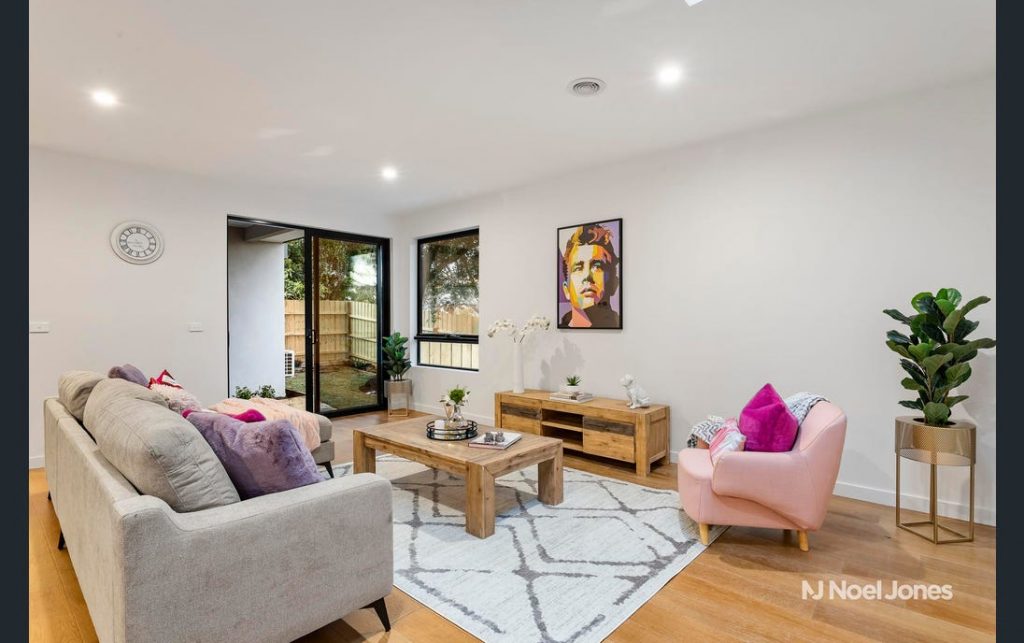
Are you thinking about getting into property development?
Maybe you own a property with development potential but don’t want to tackle a real estate project on your own.
If you want an experienced, credible partner to assist with your development, then a Joint Venture could make sense for you.
Property Joint Ventures work well when the partners complement each other. You'll want to work with someone who has something you need and who needs something you have.
Complementary skills, backgrounds, and assets not only make property development easier but also lead to greater clarity around roles and responsibilities, as well as better teamwork overall.

Read on to learn more about developing property in a joint venture structure. I'll explain the key facts you need to know, including a case study on what it's like to work with Property Analytics on a Joint Venture.

Profitable property developments are hard to pull off at the best of times. They're even more difficult when you're missing key assets - whether that's the land itself or knowledge of how to get the job done.
Sometimes you just want someone else to take care of the process for an equitable split of the profits. Here are some common JV scenarios that our Melbourne property development consultants see all the time:

All of the following considerations and more can be ironed out in your Joint Venture contract, and they're worth thinking about before you get started.
Generally, the developer will provide the skills and expertise to carry out the project, including selecting the best development site if necessary. They may also co-fund parts of the development.
The land owner will either provide existing land with development potential or the capital to secure the development site. The land owner will typically cover the majority of the development costs, from deposits and stamp duty to building reports, designs, surveys, property taxes, and insurance.
Real Estate Joint Ventures are typically structured in a way where the property is held in one partner's name only, usually the non-developer partner (i.e., the person who owns the development site or funds its acquisition).
Profits will usually be split according to a percentage that's agreed upon before entering into the Joint Venture. Profits will be determined by sale prices (or sworn valuations if the properties are being retained).
Profits can also be split by dividing ownership of each developed lot upon completion. Each party can then choose to live in, sell, or retain their property as a rental.
In some cases, the owner of the land receives a set amount for the land and the rest of the profits go to the developer. Conversely, the developer can receive a set amount for their services and the rest of the profits go to the land owner.
Other profit split models include performance bonuses or management fees for the developer, which can be paid throughout the partnership or upon completion.
The developer partner will usually be responsible for appointing lawyers, draftsmen, town planners, etc. The developer may also cover these consultants' fees.
If both parties are hands-on, appointments and fees may be shared between parties.
Joint Ventures are all about one shared goal - profit for both parties, and plenty of it. But we're all human and disputes can occur. Usually, these problems can be resolved through a conversation, but if this fails, you can always fall back on a well-written contract.
My approach is to operate in good faith and look after one another. We're all in this for maximum profits, so let's work it out together and keep the lawyers out of it.
If a landowner is partnering with a developer, these considerations usually aren't worth a second thought. There won't be any squabbling over who can 'claim' the development project as their own, and you probably won't need a Project Control Group (PCG) to make major decisions on your behalf.
But if both parties are hands-on developers or real estate investors and you have a larger-scale project, these considerations might come into play.
Sometimes, owners choose to keep one of the completed dwellings to live in themselves. Others choose to sell up completely and move on, while others like to hang on to some or all of them as long-term rentals and/or family beneficiaries.
You don't necessarily need to decide this at the start of the process. We’re flexible – and as long as all parties are transparent and act with goodwill, then happy days.
The most common Real Estate Joint Venture we enter into is one where our partner is happy for us to take the lead on things. They provide the property (or the capital required for acquisition), and we make both parties a lot of money.
In these projects, we look after everything from end to end, including:

Our partner owns the property, and we’re managing the development from end to end: everything from conducting full project feasibility to development design, planning permissions, build specifications and appointments, finance, construction oversight, and sales marketing.
Our partner contributes the property, whereas we’re buying in with a mix of sweat equity, payments to third-party professionals (we pay the Town Planner, Surveyor, Draftsman, etc.), and additional capital required by the banks for construction.
We sought advice from a good accountant and lawyer, and we've structured things so that our partner maintains ownership of the property all the way through. We act as a Development Consultant whose fees are deferred until project completion.
Once the project is complete, our partner will decide whether he’d like to sell all, some or none of the new dwellings, and we will split the profits (determined by sale prices or by sworn valuations) equitably, based on the legal contracts that we agreed upon at the beginning of the process.
If you've got a property with real estate development potential, don't sell your land and potential profits to a real estate developer.
And if you've got the capital to get started and are keen to develop with a partner, don't take a backwards step.
Thinking about getting into Property Development in Melbourne, Australia? Get in touch with Property Analytics.
As Licensed Buyer’s Advocates and Property Investment Advisors in Melbourne, we look after all aspects of purchasing profitable property developments in high-growth suburbs.
And as experienced property developers, we regularly project manage entire real estate developments. We are respected property professionals and credible Joint Venture partners.
Regardless of your background, circumstances or objectives, we’re always open to establishing new relationships.
And if a Joint Venture Agreement doesn’t make sense, then we can probably help you in another way. There are plenty of different types of partnerships and financial arrangements that might be right for you. Reach out for a chat about property development and JVs – coffee is on me!